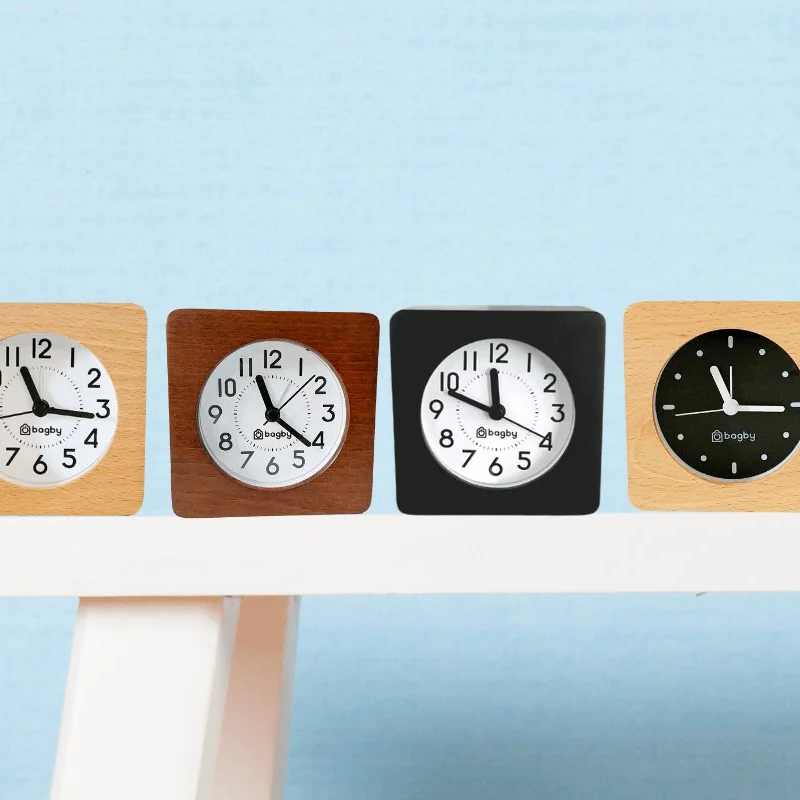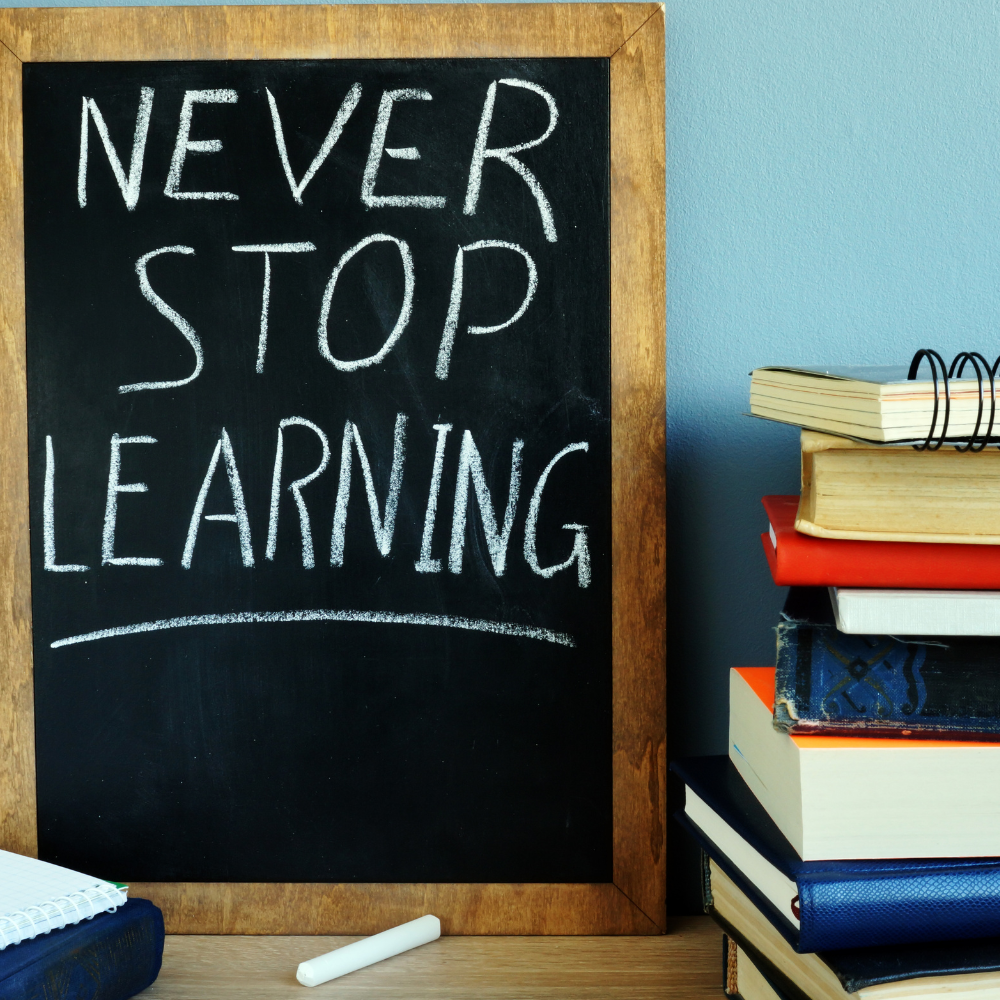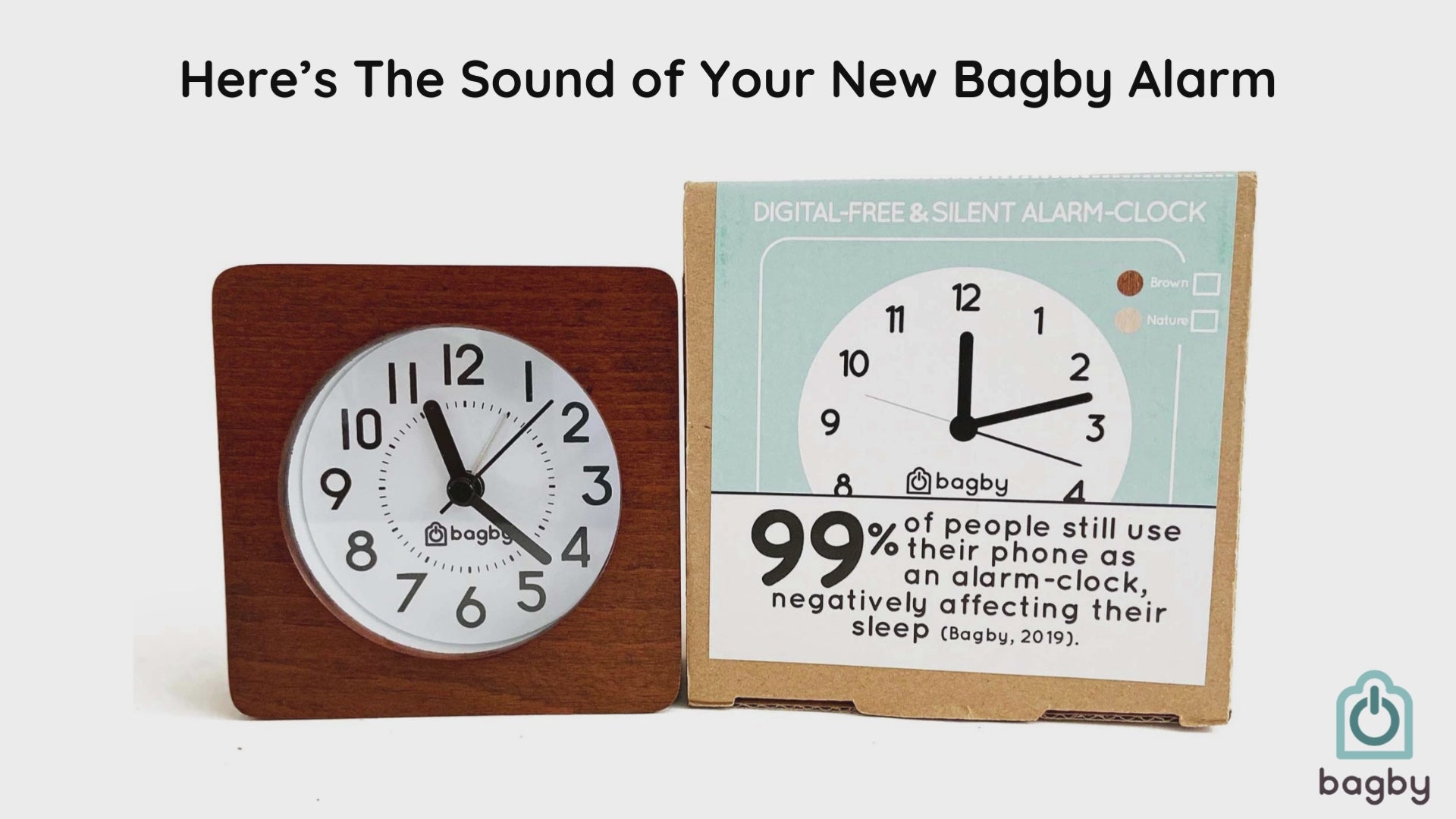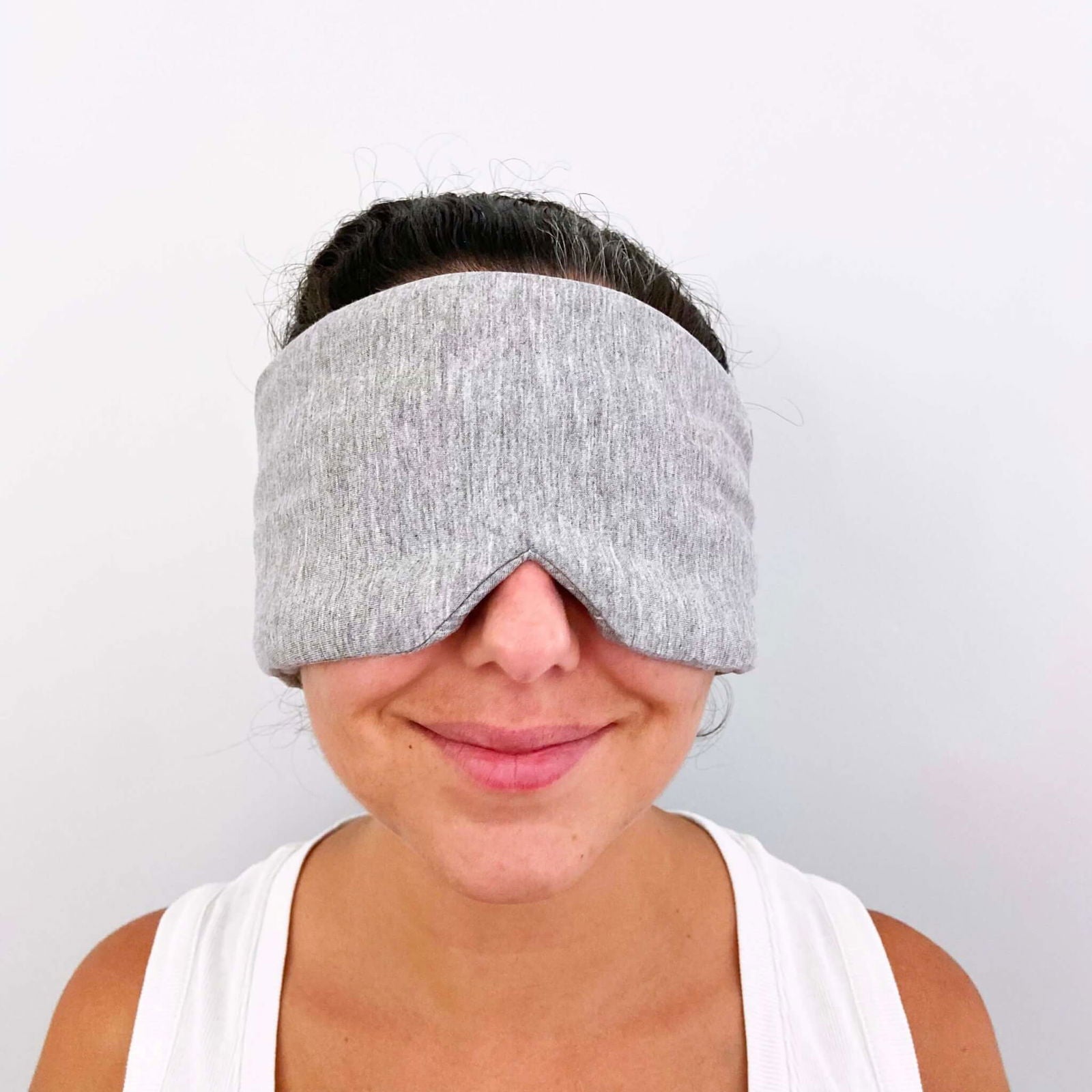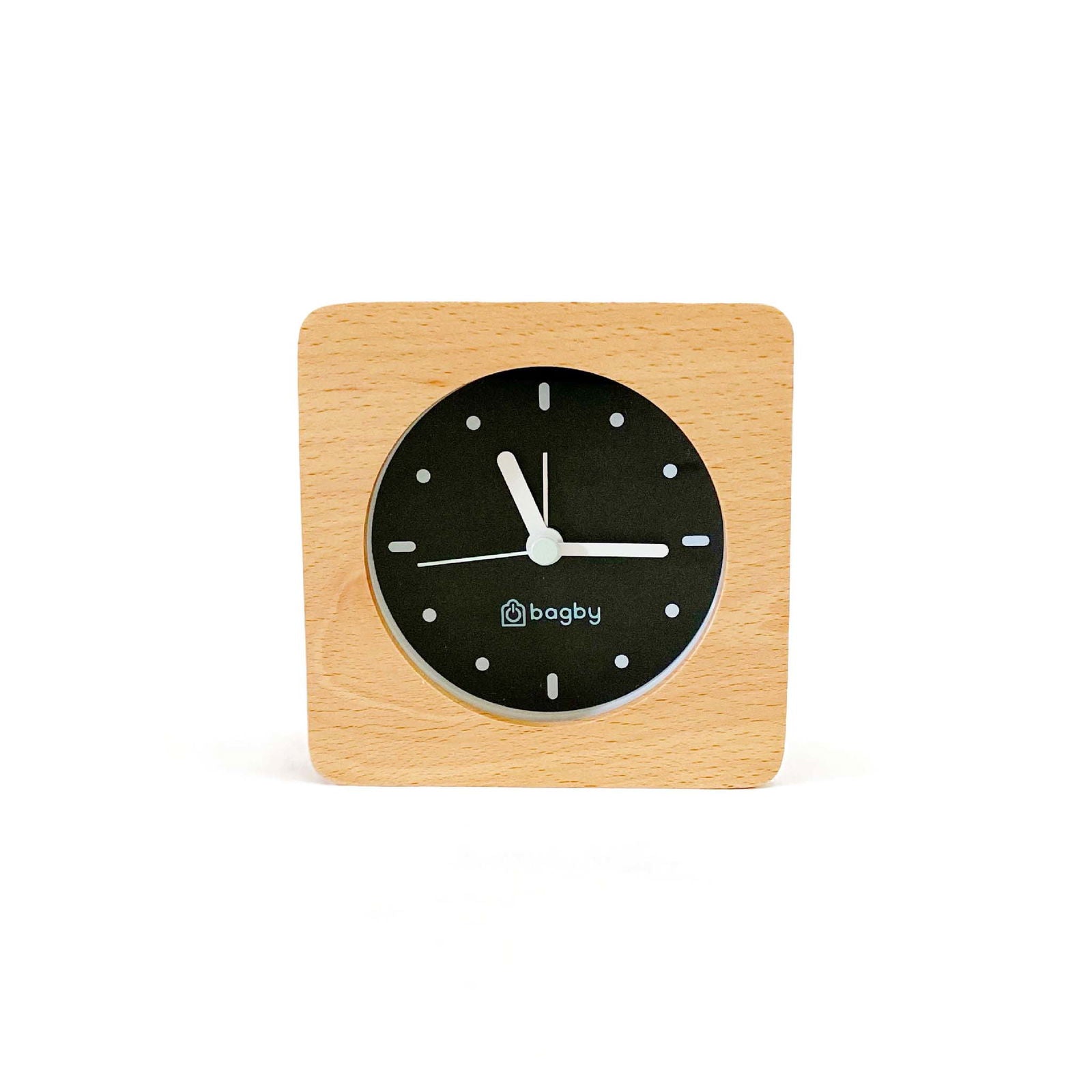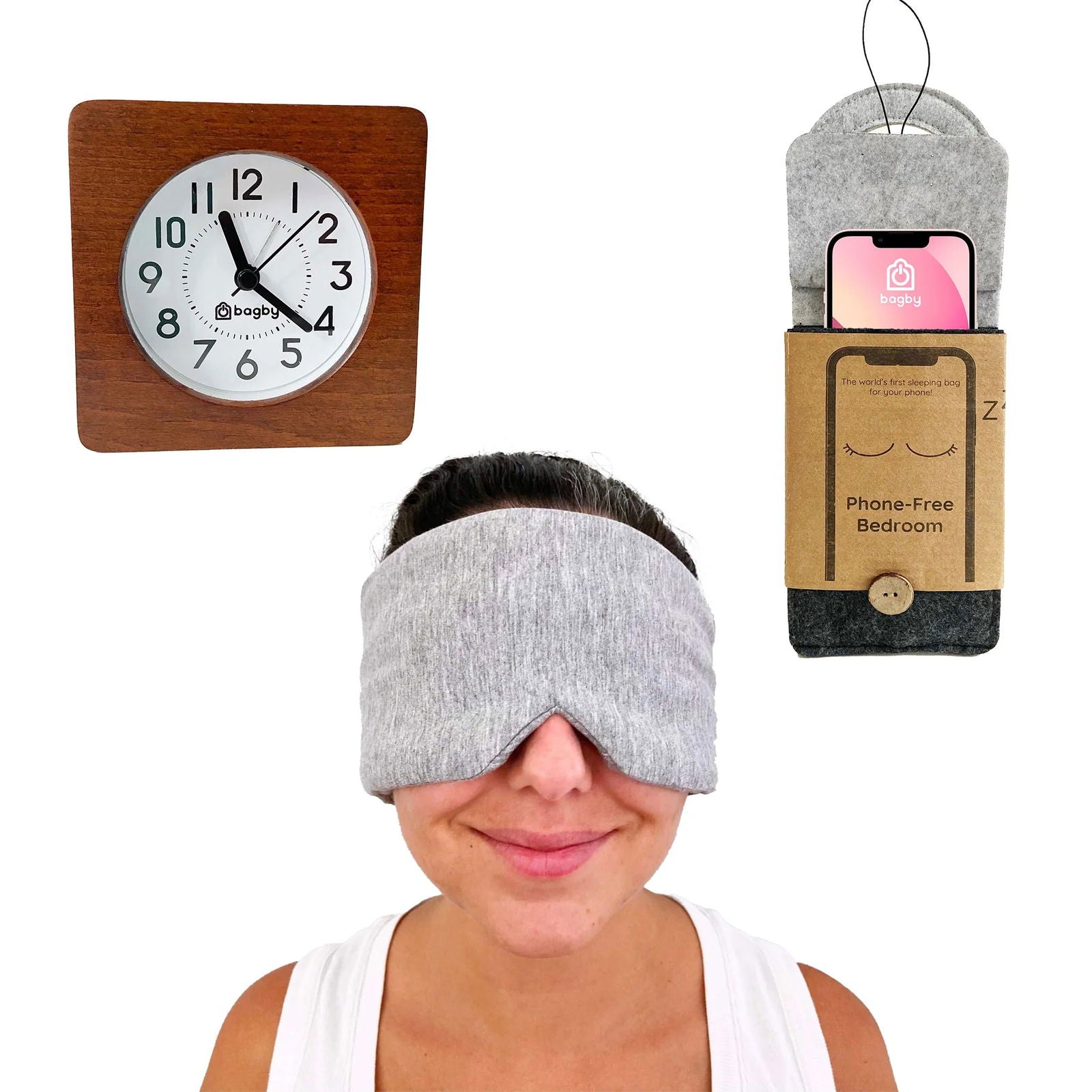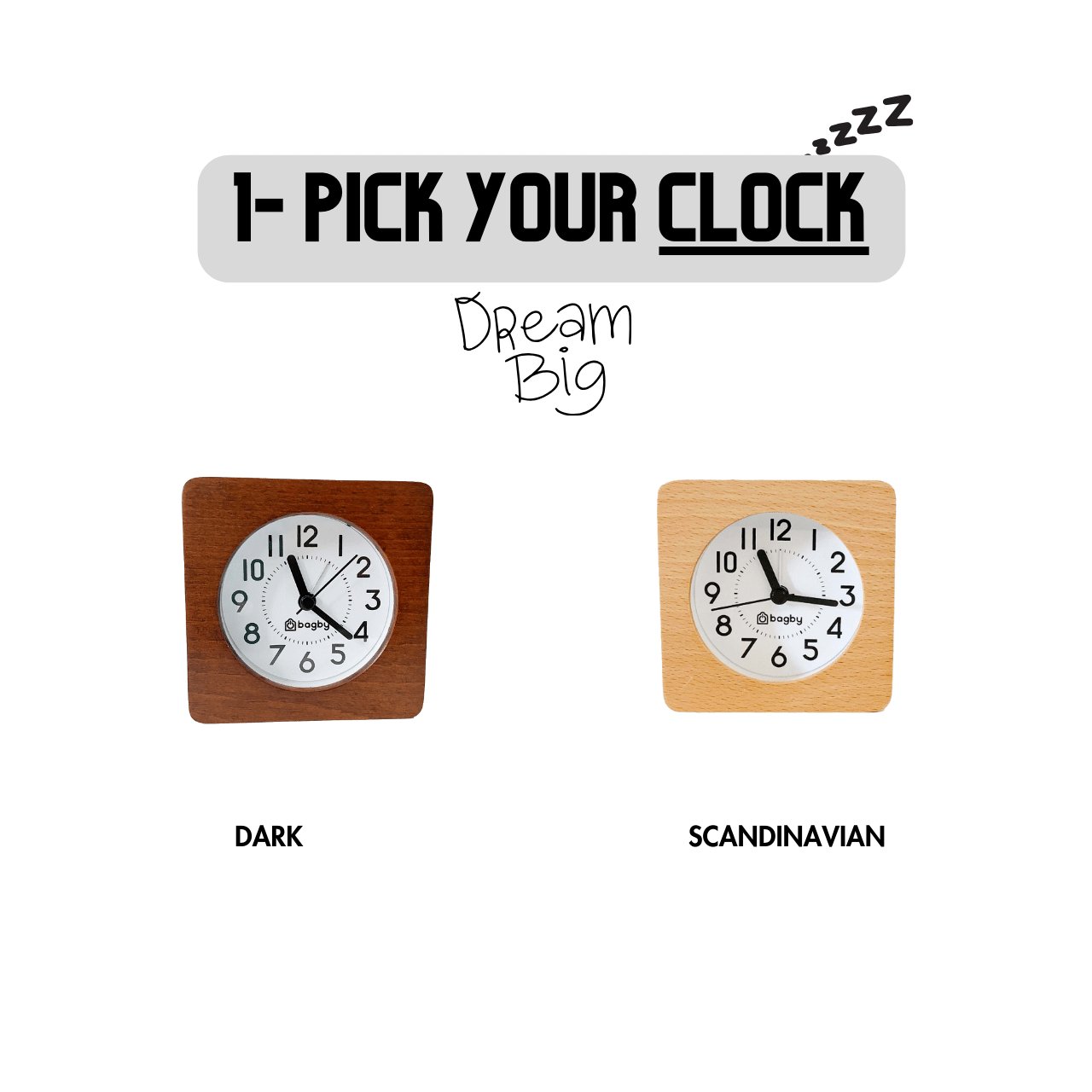One of the many ways social media affects your self-esteem is by isolating you from the real world, forcing you to question your self-worth, and making you believe that you’re not good enough, say experts.
In this post, we’ll explore all the hows and whys of social media’s effect on your self-esteem. And most importantly, what you can do about it.
So, let’s begin.
Why Do Social Media Reactions Matter So Much?
Have you ever wondered why most of us tend to open our social media accounts first thing in the morning? Why is it that the first thought we have is, “Has anyone liked something of mine?” or “Has anyone tagged me in something new?”
Have you ever stopped to wonder why social media is so addictive?
Even though social media hasn’t been around for very long, the answer to this question lies in how humans evolved millennia ago.
See, humans have an intricate need for being liked. Why?
For this, we have to go all the way back to the hunter-gatherer era. People then lived in small communities, surrounded by threats from other tribes, animals, natural calamities, and so on.

And in these communities, you’d absolutely need other people to like you. Because if not, you’d be neglected and unprotected, and most days, you wouldn’t get access to basic necessities.
So, you’d do everything you could to be liked – even if it meant putting your life at risk.
Why does this sound familiar? That era ended thousands of years ago, and yet it sounds like this is going on even today.
Well really, that’s what we've been doing on social media for years. We’re going to extremes to do things that can gather hollow likes, comments, shares and increase our popularity among netizens.
But in the course of getting people to “like” you, unknowingly, you fall victim to many of the problems that tag along with social media. Have a look.
Craving Validation
Jay Swingler, a YouTube channel that now boasts 1.78 million subscribers, once posted a video that almost took the creator’s life.
In the video, he inserts a plastic tube in his mouth and slips a plastic shopping bag over his head. He then cements himself into a microwave oven using Polyfilla, a type of plaster commonly used to fill small holes.
Unsurprisingly, the Polyfilla expanded more than expected. As Swingler allowed it to set, he couldn’t get his head out of the microwave.
Fortunately, the fire department could drill him free as paramedics stood by in case of injury.
Now, you’d think this is a sad story, and people would condemn such an act. But you’d be surprised.
Before this video, Swingler attracted roughly 10,000 subscribers every three days. But once he posted this stunt, he gained a whopping 70,000 new subscribers in just three days.

And that’s just one case.
Internet daredevil TimboTheRedneck died on July 3, 2021, while doing a fishtailing stunt for his online followers.
Fishtailing is when the rear end of a vehicle or aircraft slides back and forth like a fish’s tail.
Chloe Phillips, a 15-year-old from Oklahoma, died of a heart attack in August 2020 after taking on the Benadryl Challenge.
Joshua Haileyesus, 12, was discovered unconscious on March 2021 after attempting TikTok’s Blackout Challenge.
When normal pictures and videos fail to garner the likes and reactions they desire, social media users take to these heights to achieve them. And those who don’t go to these extremes often suffer at the cost of their mental health, self-esteem, and confidence.
Deception Online: Who am I? Who are You?
Why can’t I look like the Instagram girls or have a shredded body like that fitness influencer? Why can’t I go where they go or do what they do? Social media causes millions of children, teenagers, and even adults to ask themselves these questions.
But do you know that what you’re seeing on your feed might not even be real?
To date, hundreds of influencers have come forward and exposed the reality of the “influencer industry.” Photoshopped images, CGI videos, surgically enhanced bodies, muscles built through steroid abuse–these are the norm.

Did you know that your body can look better if you get the right angle? Did you know that you can look bigger or leaner with different lighting? If you search on YouTube, there are hundreds of tutorials on making your body look better while clicking a picture or recording a video.
That’s just one part of how the internet can fool you.
Did you know that you can even fake your travel videos?
Just search "how I faked my travel" on YouTube, and there are hundreds of videos of people making their audience believe they’re traveling.
So, is anything you see on the internet “real?”
Maybe, maybe not. But this doesn’t stop people from feeling like they're missing out and comparing their lives and appearances to those they see on the internet.
And since the majority can’t live up to these standards, it takes a severe toll on their self-esteem and confidence.
Social Skills
Although being constantly online, posting media, and gathering likes and comments may make you feel like you’re socializing, for your evolution-based brain, you’re completely isolated, staring and tapping at something that emits light.
See, online communication is completely different to in-person conversations. You can’t recreate the physical elements like your tone, body language, and physical presence online. Therefore, it’s near impossible to truly socialize on social media.
I’ve explained this in-depth in my post, “Phone Calls Simulate Human Connection, Texts Don’t—Psychology Says.”
“Self-esteem is in large part the product of a social process. One of the main reasons people feel important and special is because they have friends and belong to social groups which regard them as important and special,” says mentalhelp.net
Lack of real socializing takes a severe toll on your self-esteem and confidence.
Cyber Bullying
“The literature regarding bullying and self-esteem consistently finds that victims of bullying tend to have lower self-esteem than non-victims. The precise reasons for this relationship are far less agreed upon and clear. It may be that the experience of being victimized decreases one’s self-esteem, or that those who have low self-esteem are more likely to be targeted as victims,” says the Cyberbullying Research Center.

Social media is the modern bullying hub. From making fun of someone’s appearance to sending threatening messages, the internet has seen it all.
Cyberbullying on social media has caused hundreds of deaths so far, and every day, thousands of social media users suffer from this.
Check out my post, “Cyberbullying: What It Is & How to Keep Your Kids Away from Cyberbullies,” for more information.
Lack of Sleep
Studies say that lack of sleep causes your amygdala, which activates in emotional situations, to activate in neutral situations as well. This causes you to feel overly emotional.
When this happens, it’s common to start thinking of yourself as imperfect, significantly reducing your self-esteem.
Prolonged social media use exposes you to two distinct problems that can severely harm your sleep – blue light and digital overstimulation.
Blue light is one of the electromagnetic radiations that lie in the visible light section of the electromagnetic spectrum. We get our daily exposure to blue light from the sun, and because of this, our circadian rhythm is based on it.
Now, there wouldn’t be any issue if our blue light exposure was just from the sun. The problem is our gadgets with screens also emit blue light. And since we don’t stop using our screens after sundown, it affects our circadian rhythm, causing us to have less than adequate sleep.
Learn more about blue light and its effects in this post from SYB entitled, “What Is Blue Light? Is Blue Light from Electronic Gadgets Bad for Your Health?”
Besides blue light, social media overuse also causes digital overstimulation or information overload in the brain.
Information overload occurs when your brain is forced to consume more information than it can handle. This results in a poorly functioning brain.
Individuals with social media addiction expose their brains to a colossal amount of information. And since the brain has to process all of it, they don't sleep properly until it is done.
Learn more about digital overstimulation in my post, “Technology & Information Overload: How Digital Overstimulation from Your Gadgets Harms Your Well-being.”
What Can You Do?
Now that you’re familiar with how social media can cause your self-esteem to deteriorate, the next big question is, what can you do about it?
And luckily, there are many things you can do to protect yourself from this. Have a look.
Take Up a Hobby
If you start thinking more highly of yourself, your lack of self-esteem can reverse. But of course, doing this is not so simple. Because even though it’s easy to convince others that you’re living an amazing life, it’s not as easy to convince yourself.
So, what can you do?
To begin with, you have to break free of your isolation and your boredom. You can do this by taking up a hobby.
This can be anything. You can learn a new language, pick up an instrument, start working out, or start reading a book. It doesn’t matter what you pick. Your brain needs to be engaged, thinking that you’re doing something productive in your life.
So, pick something, and start doing it.
Limit Your Social Media Use
As I already mentioned, prolonged social media use is one of the most important causes of low self-esteem. So, limit your time on it.
Start using your social accounts as they were originally intended—to connect with the people you care about.
If you wish, you can use my method. What I do is I don’t check my social media all day. But I do find 20-30 minutes in the evening to check my messages and notifications, and respond if needed.

Once my 30 minutes are up, I close my social media and shift my focus to something else.
And if there’s something important I need to chat about with someone, I pick up my phone and call them directly instead of engaging in an hour-long text message chat.
Focus On Your Real Life
Today, the line between the real and virtual worlds has been blurred severely. Your next task is to re-sharpen it. How?
You need to start focusing on your real-life self, investing in relationships, meeting people you care about, and observing the real world with your own eyes.
When was the last time you took a long walk with someone you care for, talking about random things while observing the beautiful nature around you?
If you can’t remember, start there.
Be Kind to Yourself
The only comparison you need to make is with your past self.
Are you better than how you were yesterday or the day before that? If yes, it doesn’t matter what other people on social media look like and what they have. You’re winning.
Stop hating and start being kind to yourself. Your life is good as it is. The only thing that you need to do is to try and be a better person every single day.
Final Thoughts
One way you can reduce the hold of social media in your life is by viewing social media or any piece of modern technology as a tool that helps enrich your life and not as something that requires all your time, focus, and attention.
I’m not asking you to quit the convenience of technology. I’m asking you to create a healthier balance with it – so you can enjoy the benefits it brings without being subjected to the physical, mental, emotional, and psychological risks that tag along.
The Healthier Tech Podcast features experts from different industries sharing tips on creating that balance with modern technology and living a safer, healthier life alongside it. We’re available on all major platforms. Give it a listen, and let us know how your relationship with technology is going.


